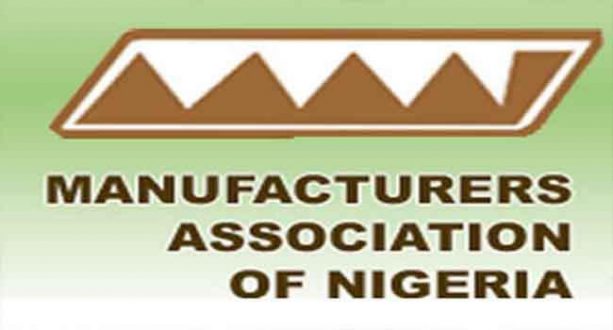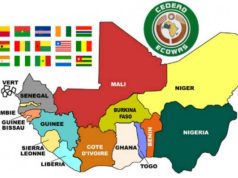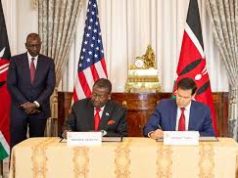The Manufacturers Association of Nigeria (MAN) has raised concerns that the burden of multiple taxes on the manufacturing sector could hinder Nigeria’s ability to fully benefit from the African Continental Free Trade Area (AfCFTA).
In a presentation at the Chartered Institute of Taxation of Nigeria’s (CITN) annual tax conference, MAN Director General, Segun Ajayi-Kadir, emphasized the negative impact of overlapping taxes from federal, state, and local governments on the sector’s development and competitiveness. He highlighted that these taxes increase production costs, discourage investment, and stifle entrepreneurship, particularly affecting small and medium industries (SMIs).
A 2023 MAN survey revealed numerous taxes with overlapping effects, including sales tax, VAT, mobile advertising charges, and various levies, which create compliance burdens and reduce profitability for manufacturers. This multitude of taxes has contributed to the decline in the competitiveness of Nigerian manufacturers in the global trading environment.
While the Federal Inland Revenue Service (FIRS) Coordinating Director, Matthew Gbojubola, mentioned ongoing efforts to simplify tax laws for easier compliance, including the establishment of a Presidential Tax Reforms Committee, challenges persist.
Muda Yusuf, CEO of the Centre for the Promotion of Private Enterprise (CPPE), echoed MAN’s concerns at the CITN conference. He highlighted the high operating costs faced by manufacturers, including energy, logistics, supply chain disruptions, forex volatility, and customs duty exchanges. These challenges have led many investors to migrate to the less burdened services sector.
The situation underscores the urgent need for tax reforms and a more supportive environment for the manufacturing sector to thrive and fully leverage the opportunities presented by the AfCFTA.

























